
Romeo & Juliet • 2024
ISC Rep Season 2024: Gender/Genre Bending
You’re invited to a party that begins as a lively celebration of love and laughter and descends into a desperate struggle between passion and duty.




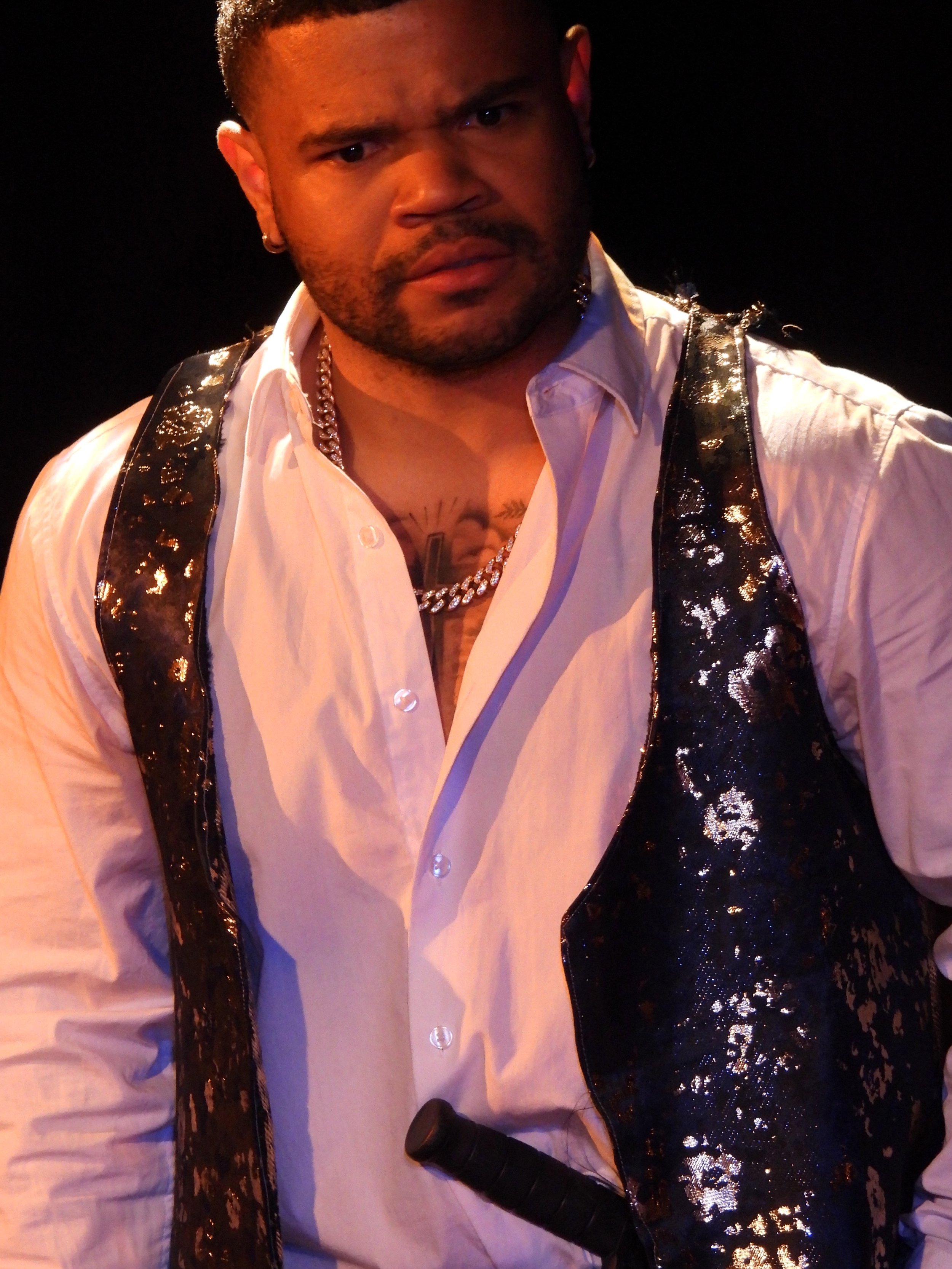



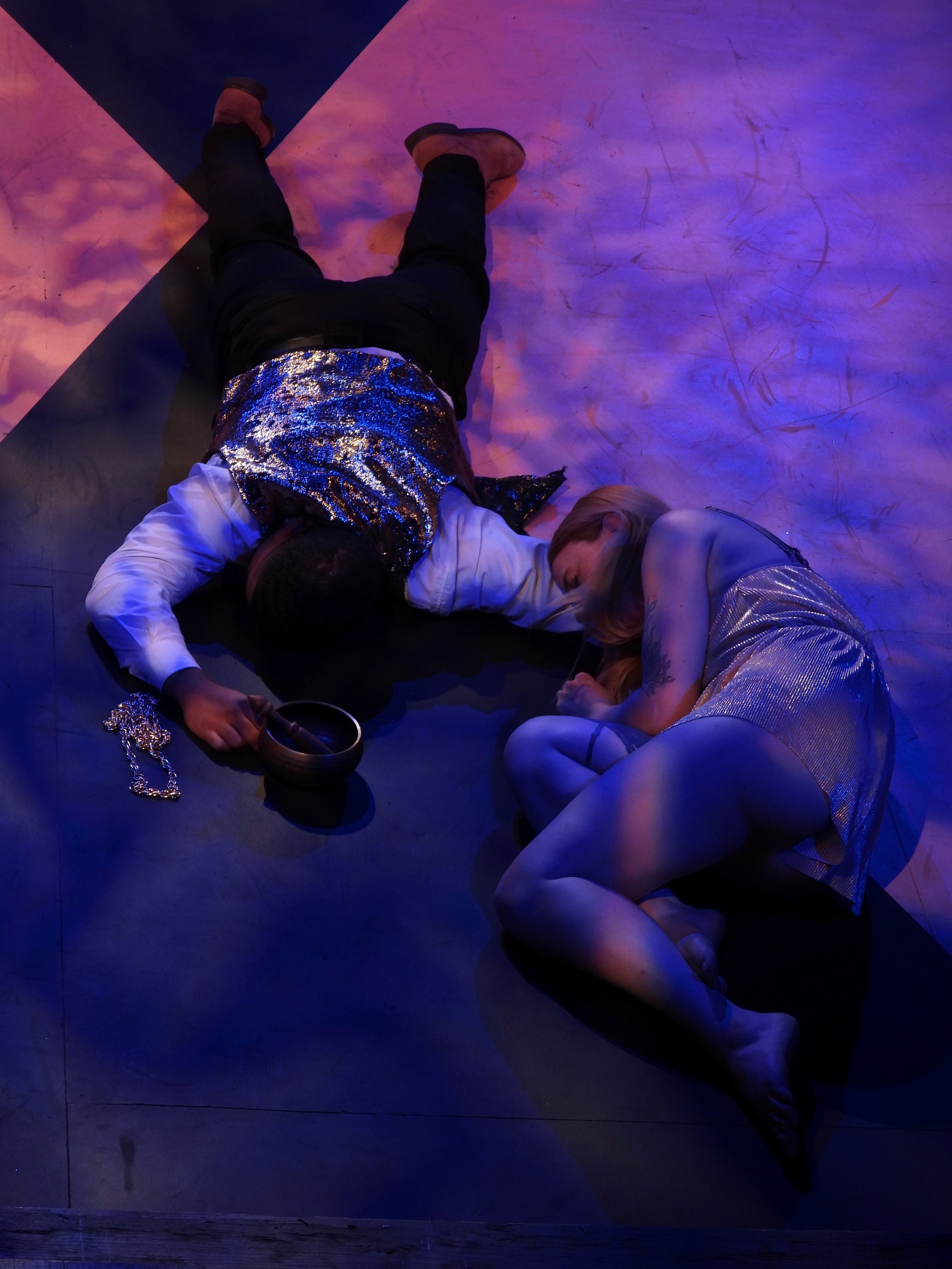






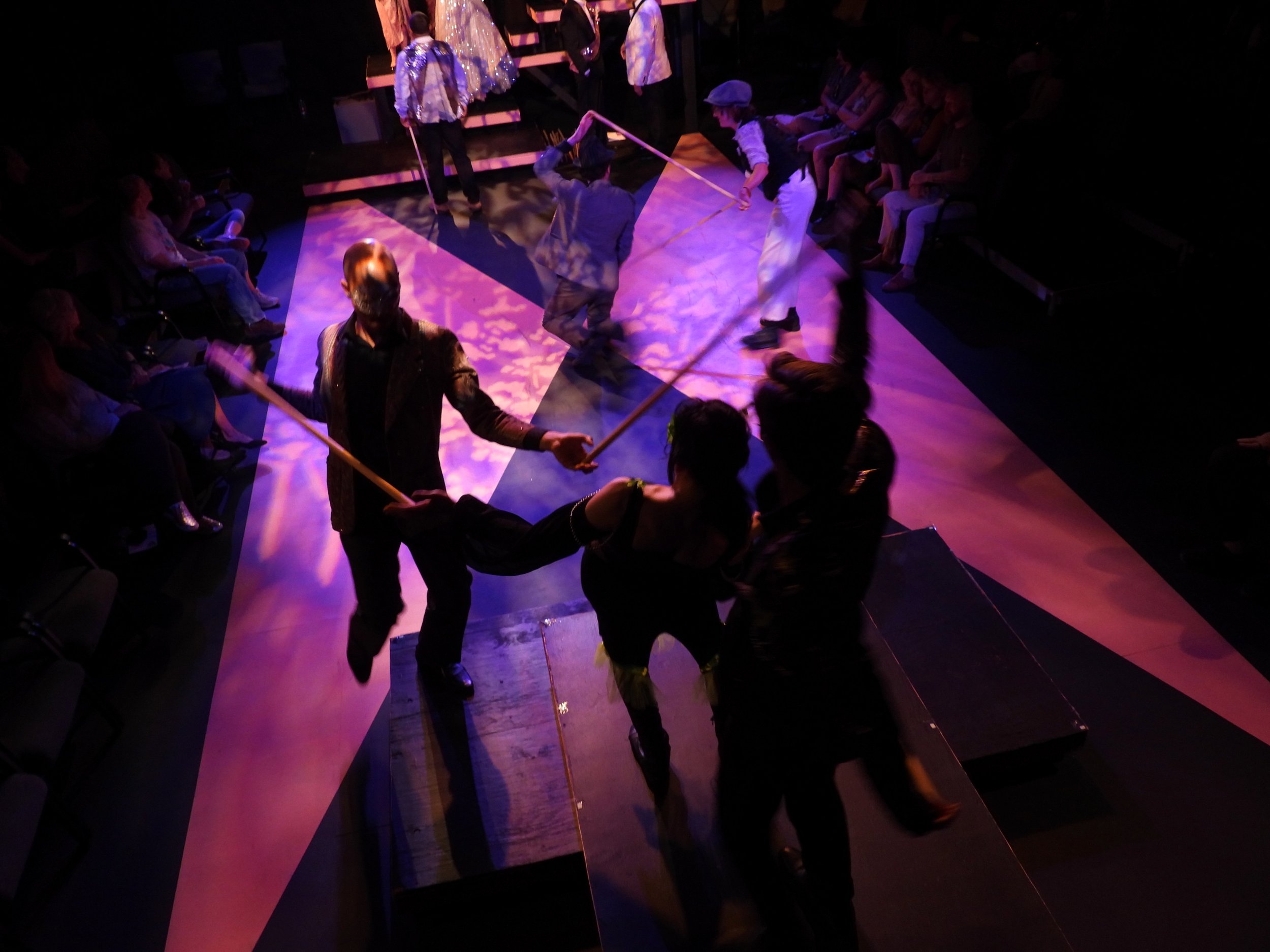




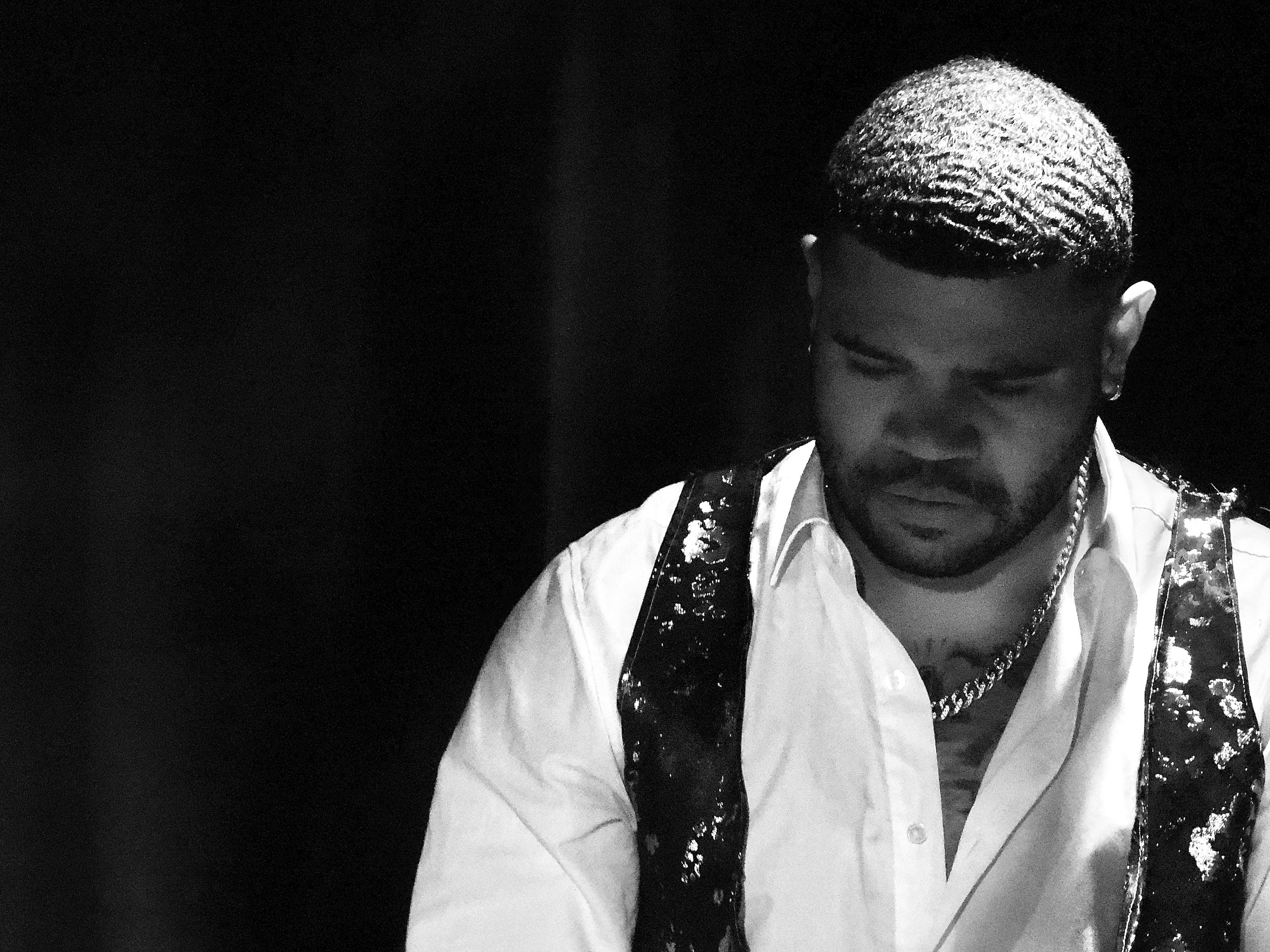



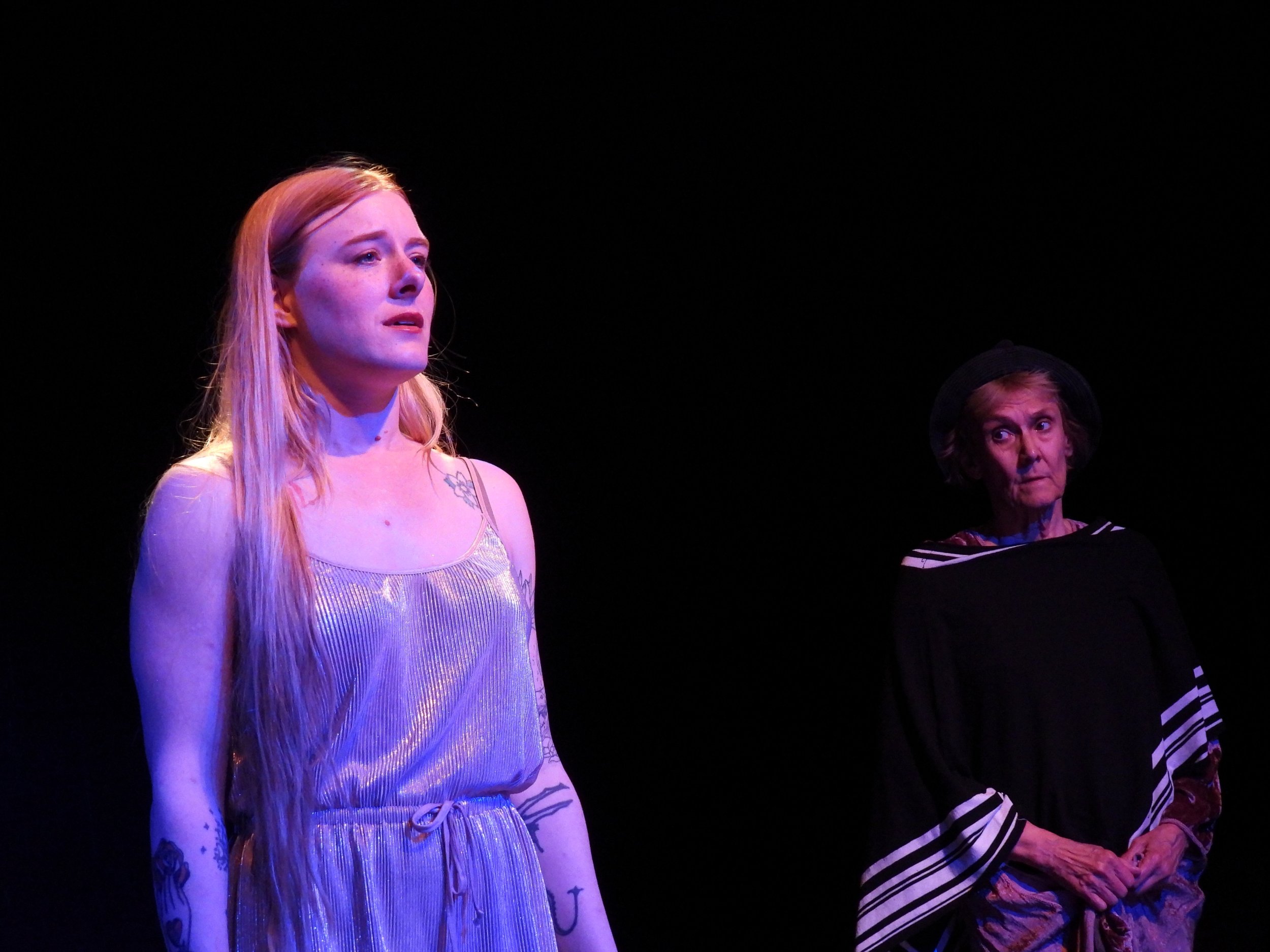


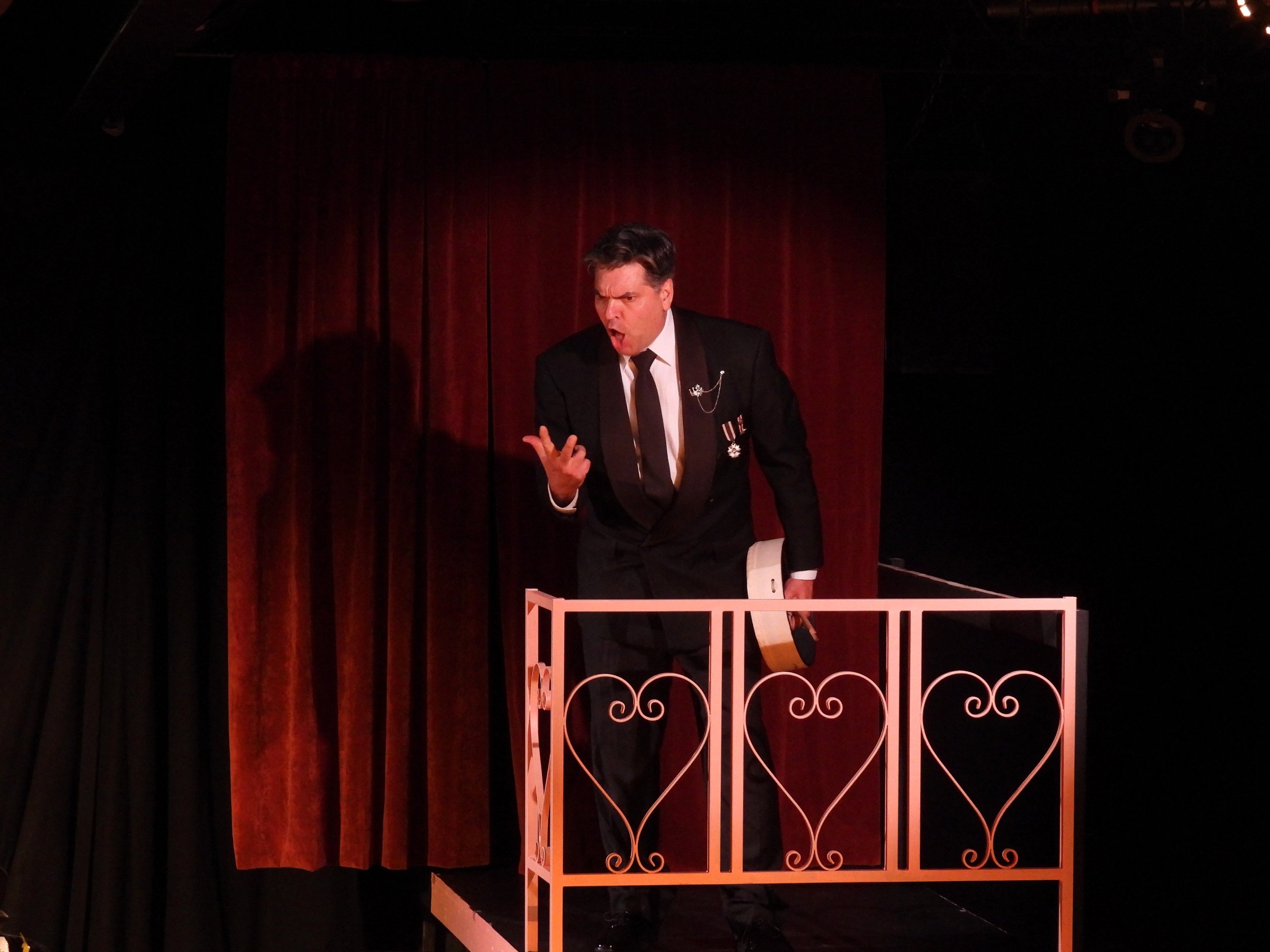






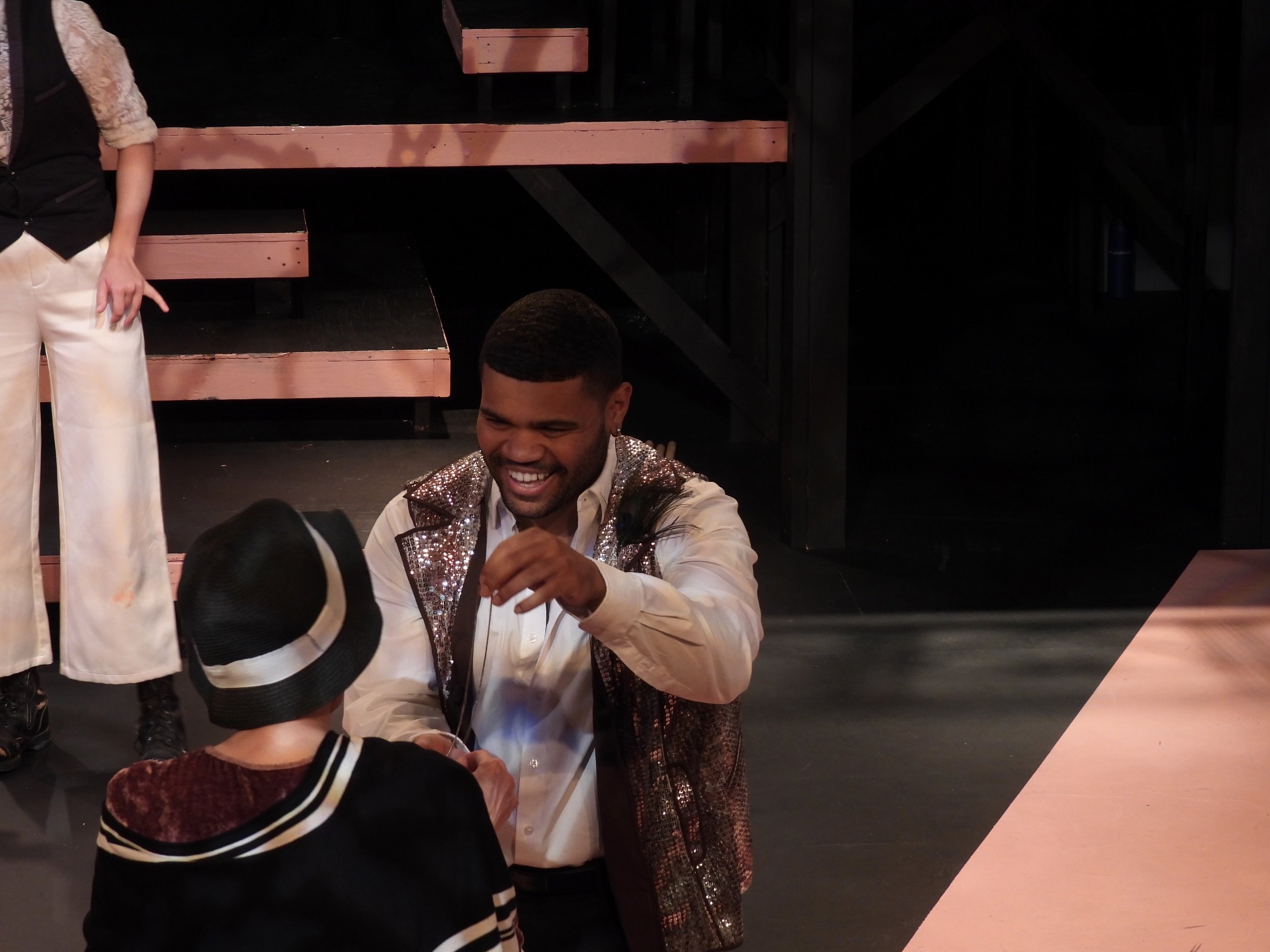
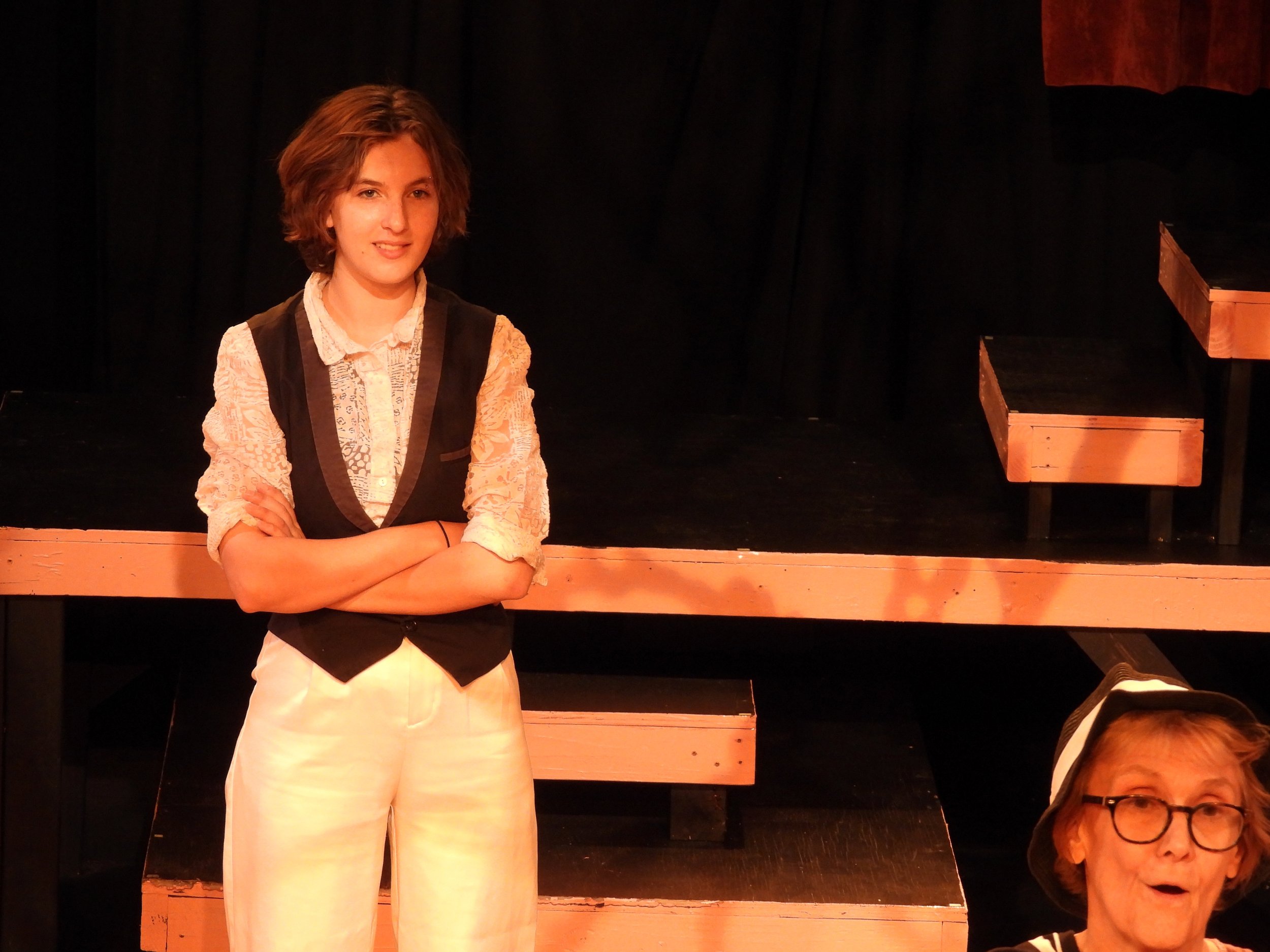




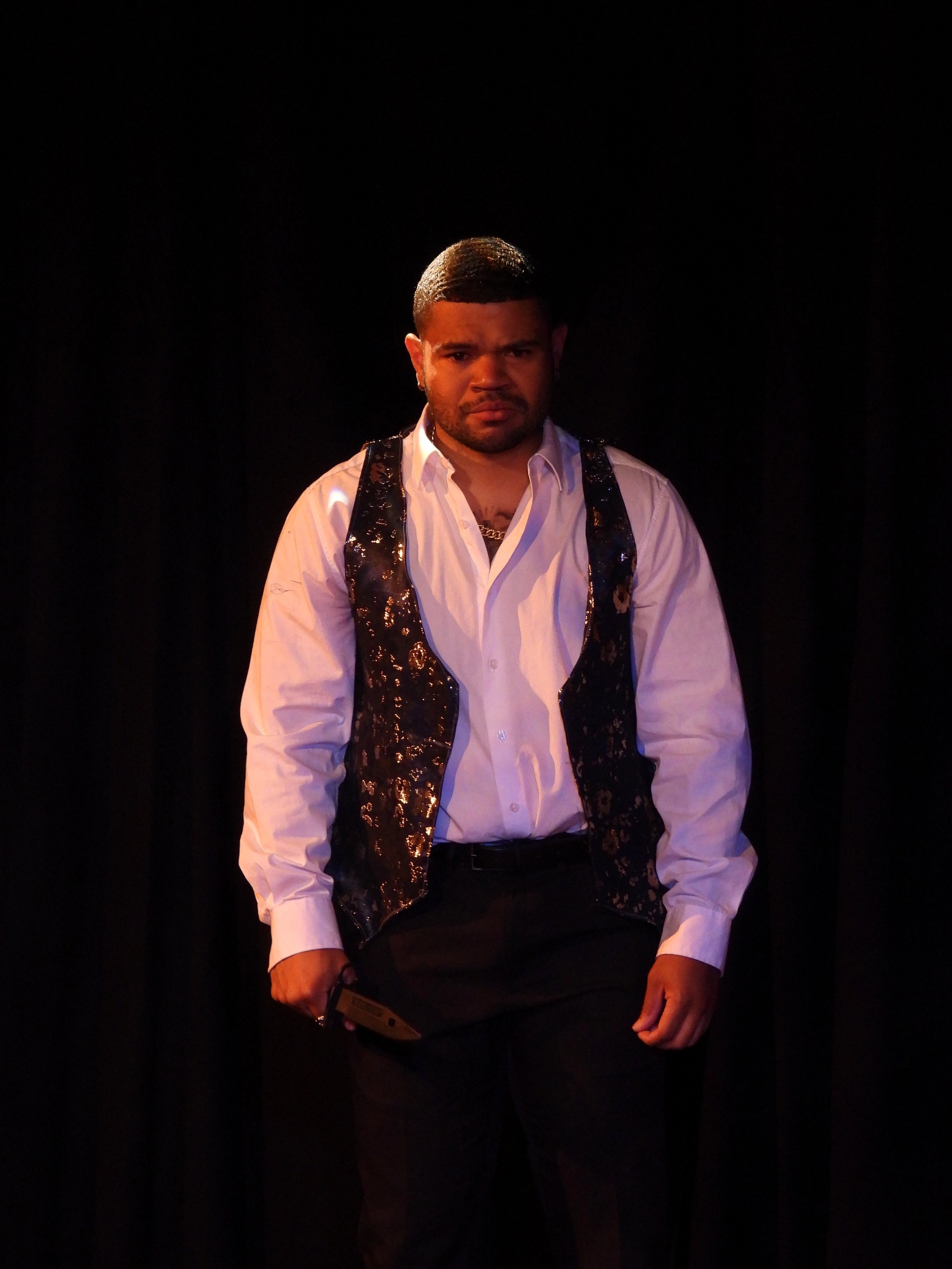
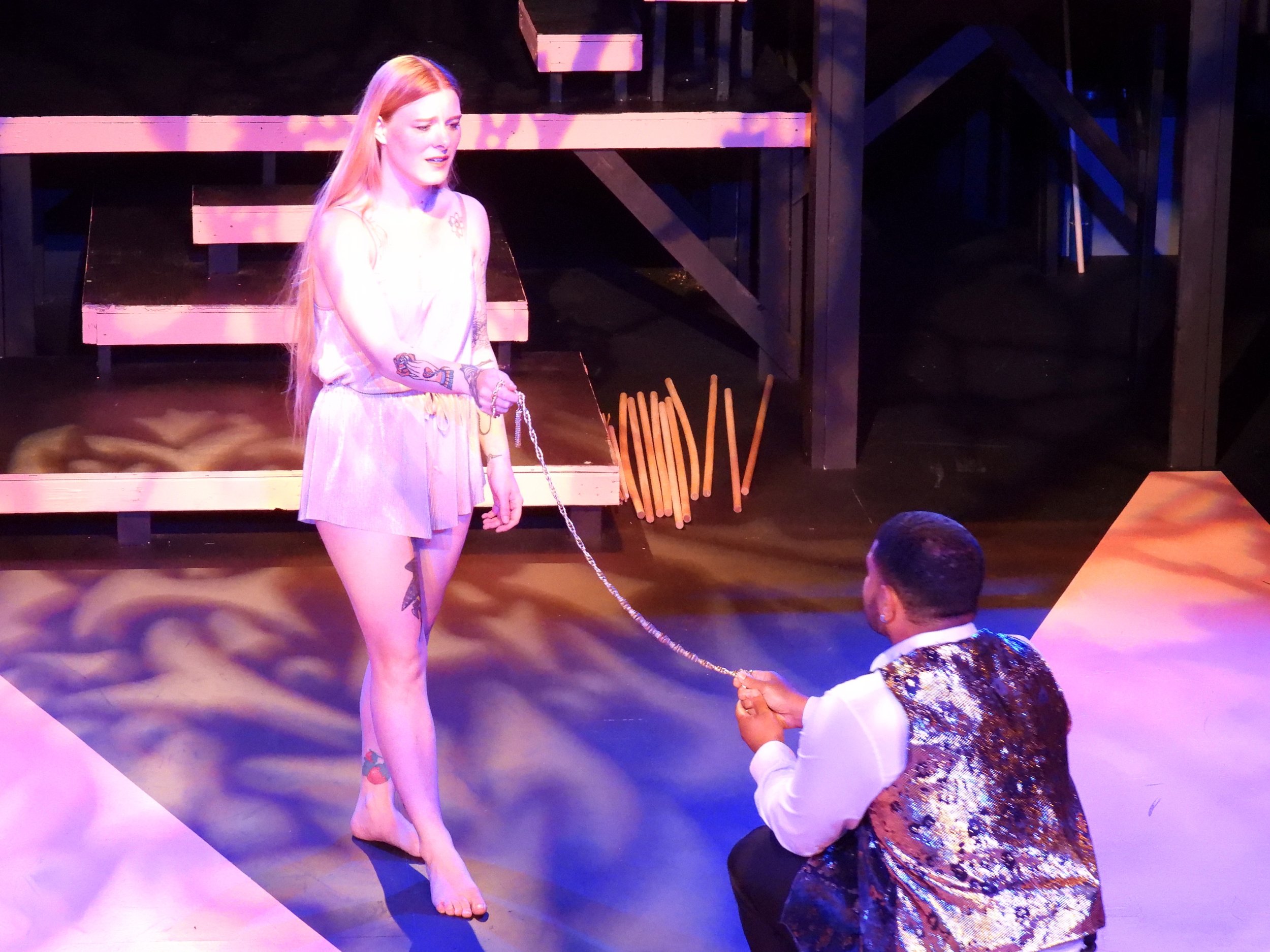

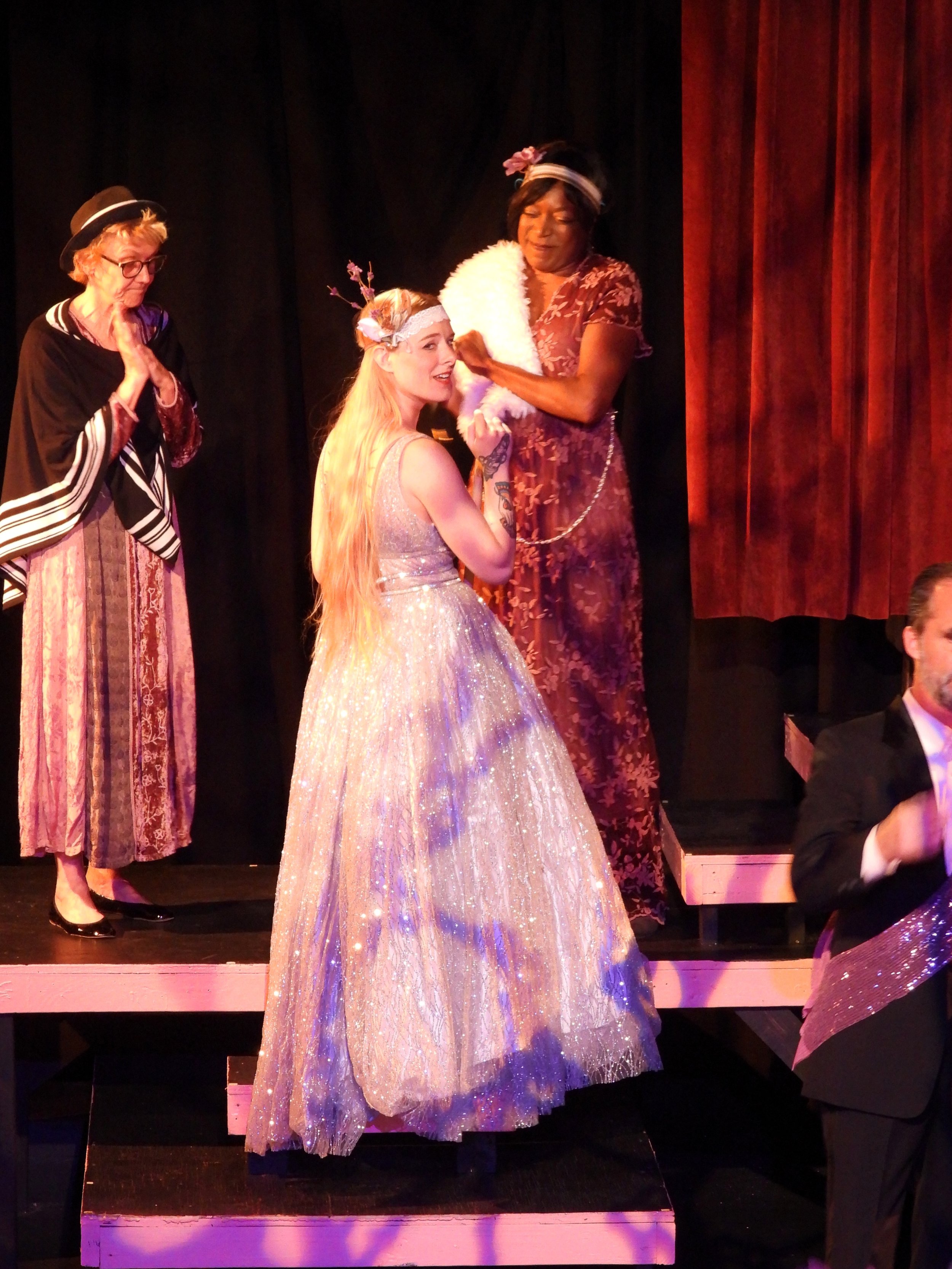


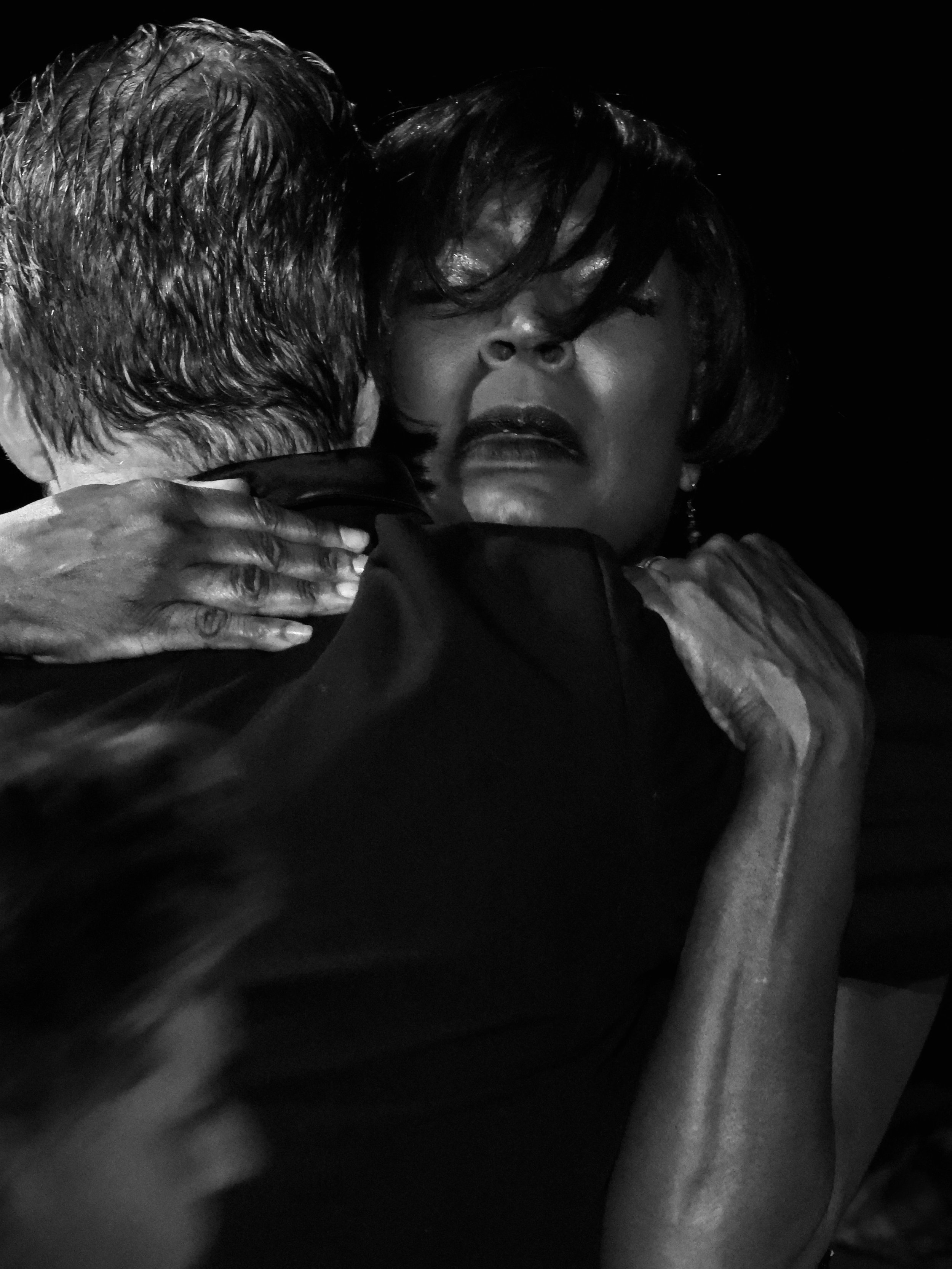
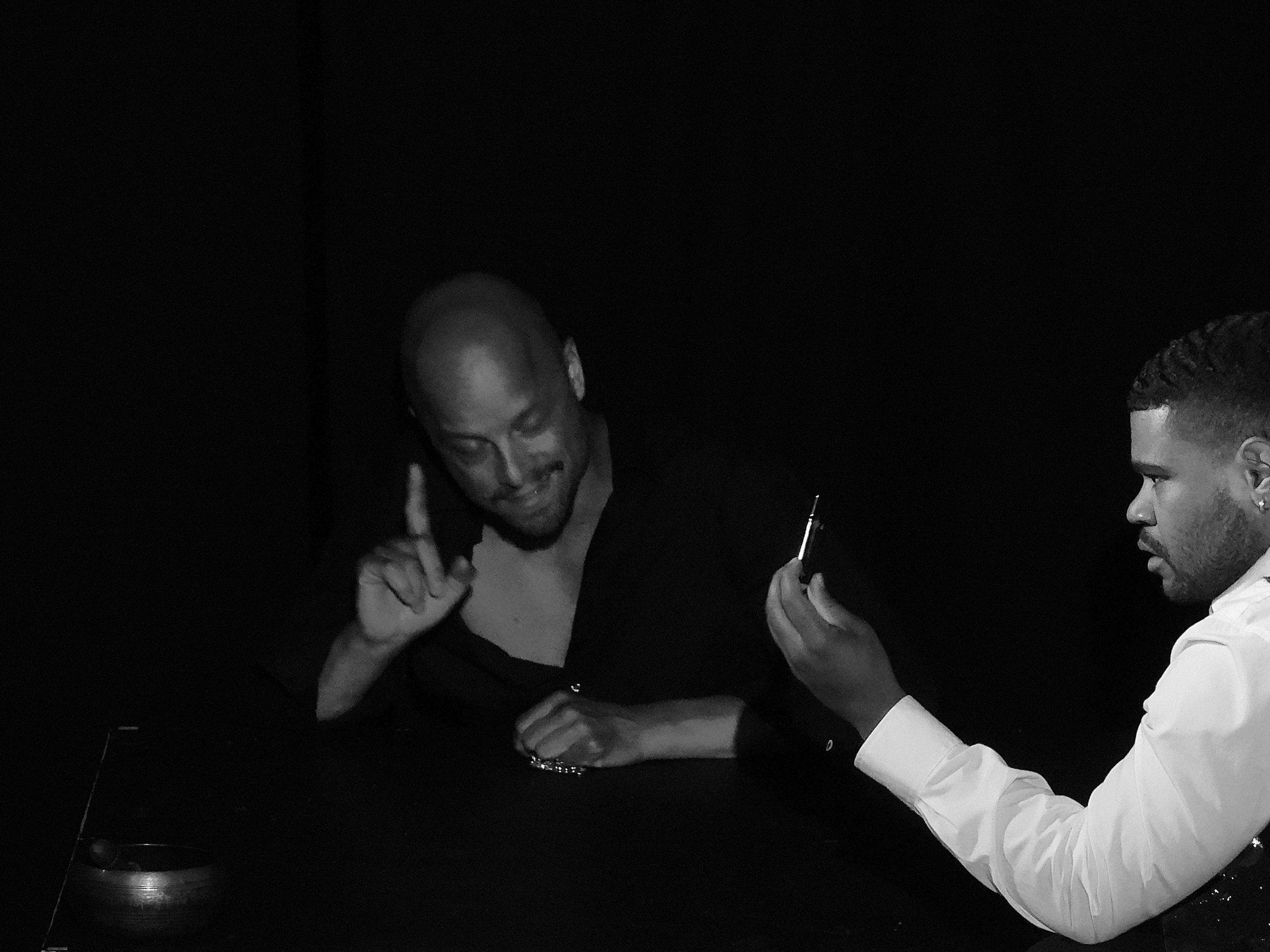


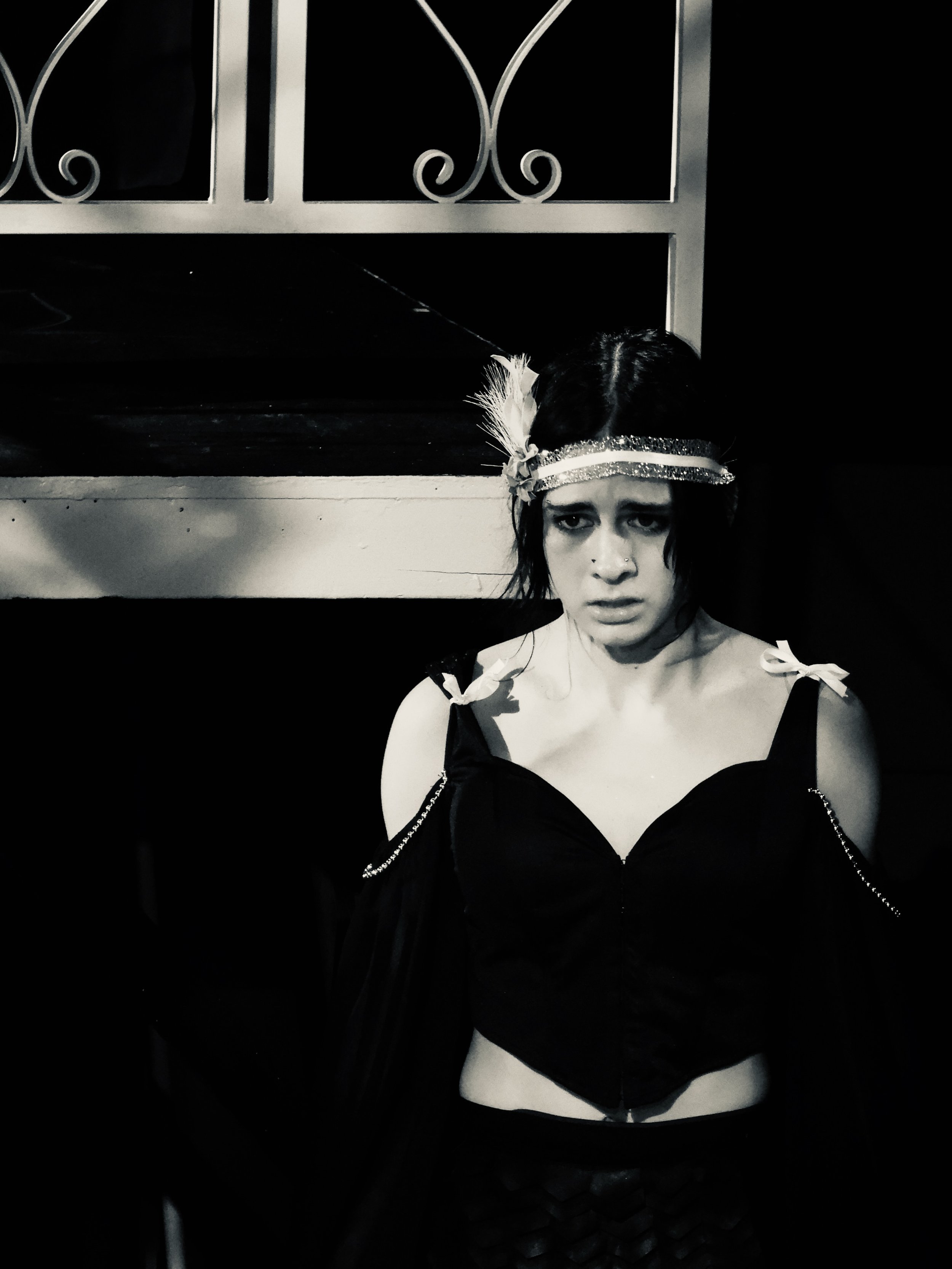
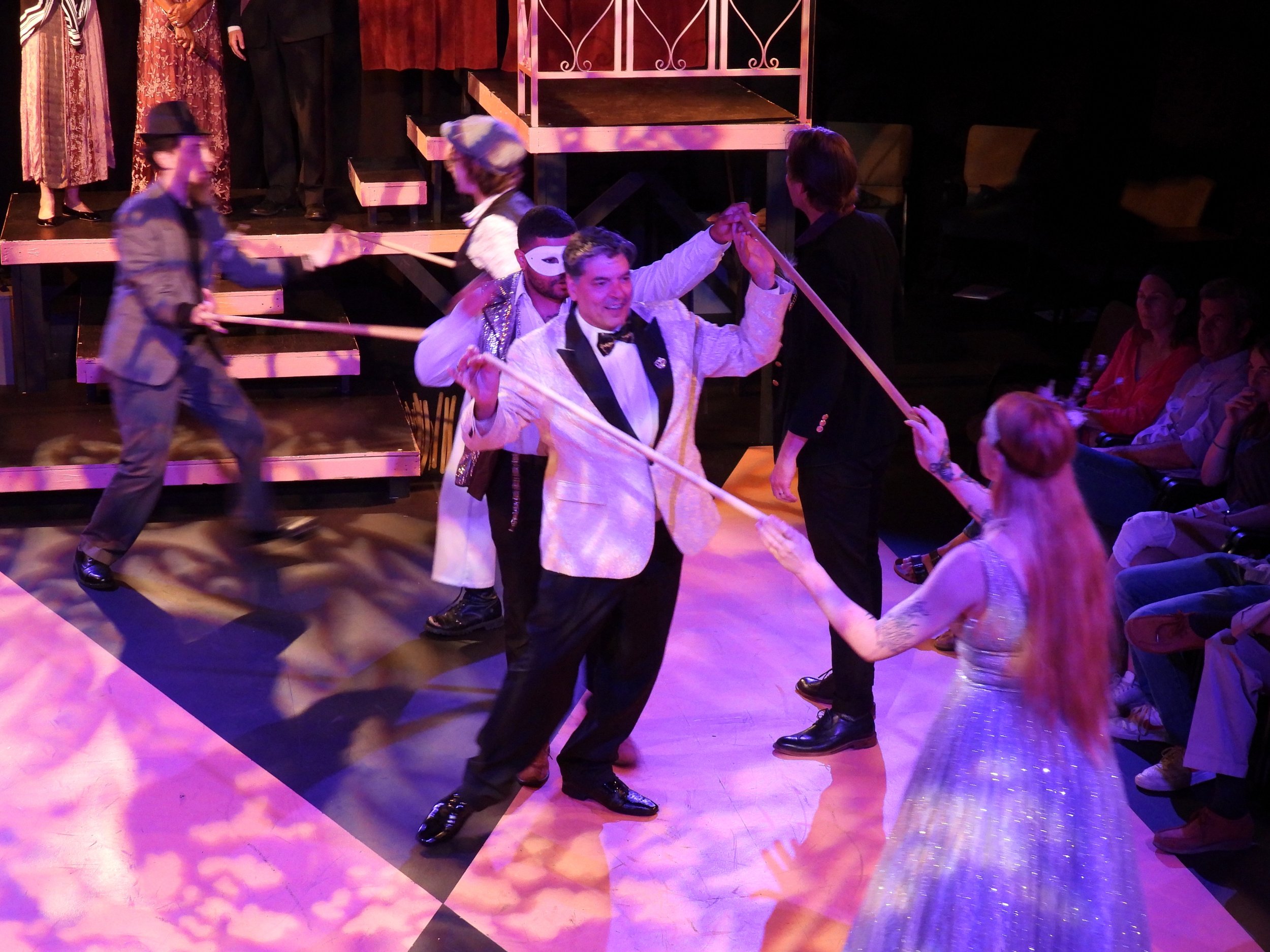
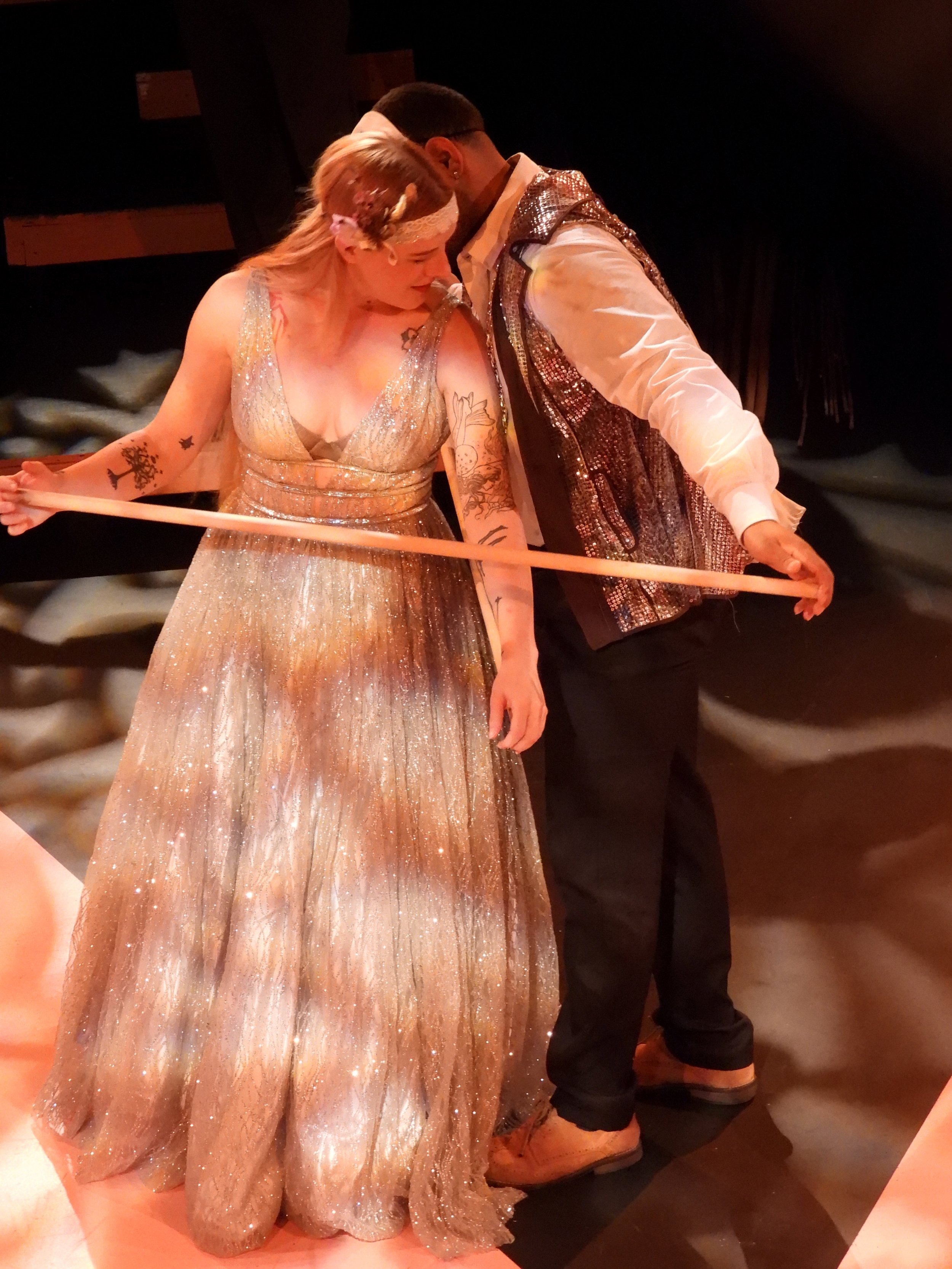
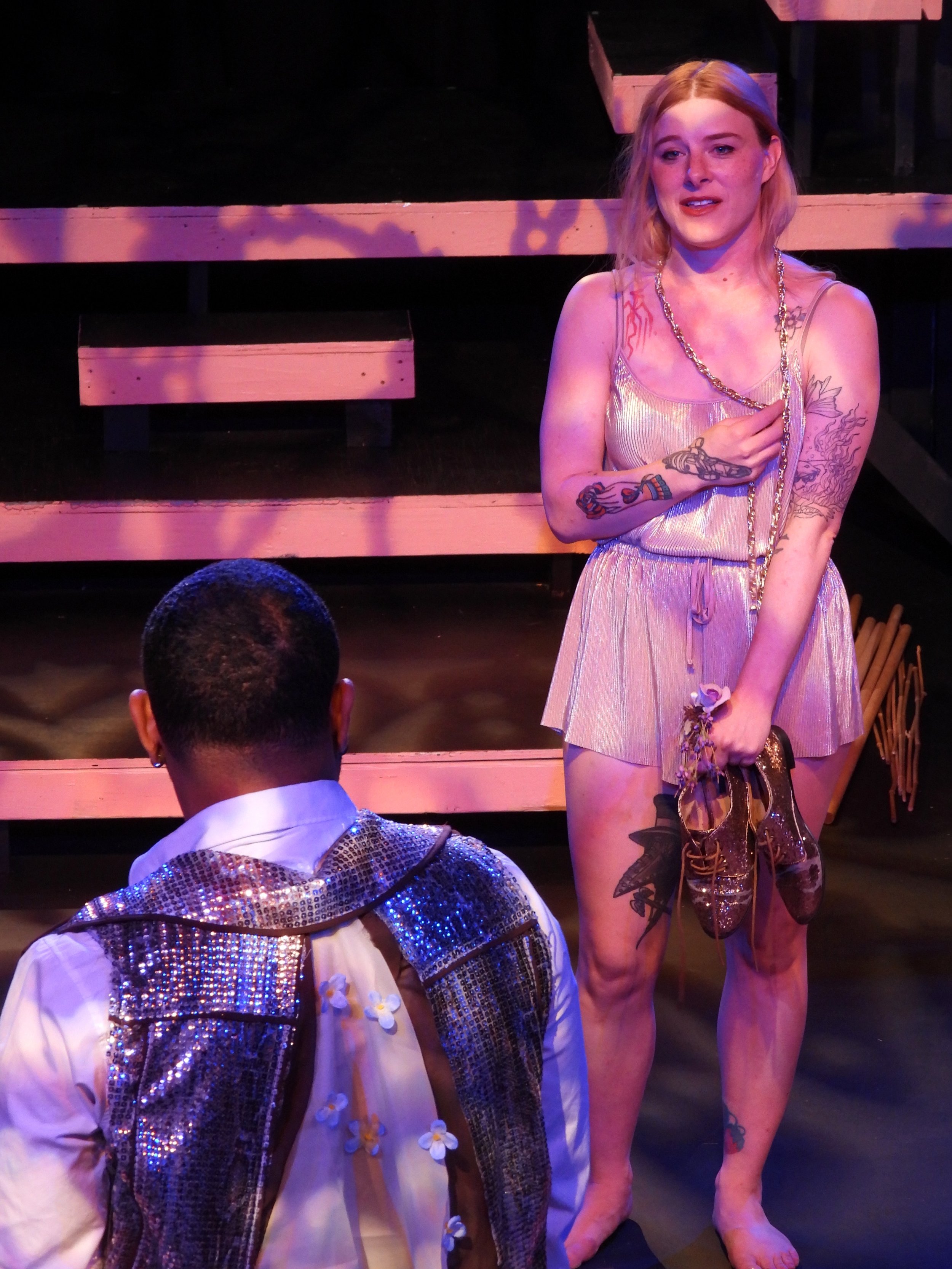



Cast
Mairi Chanel: Juliet
Andrew Codispoti: Friar Laurence, Gregory
Quin Cooley-Winters: Balthasar
Edward Daranyi: Prince Escalus, Paris
Scott Harrison: Capulet
Josh Horton: Romeo
Breshaun-Birene Joyner: Lady Capulet
Alexander Lane: Mercutio, Apothecary
Amy Meilander: Nurse, Montague
Liam Mitchell: Benvolio, Friar John
Rylie Philpot: Peter
Geoffrey Pomeroy: Tybalt

Production Team
Zoe Burke: Intimacy Coordinator
Andrew Codispoti: Co-Facilitator
Vince Faust: Set Designer
Gigi Guajardo-Galpert: Costume Manager
Ariana Karp: Lead Facilitator, Company Manager, Sound Designer
Natasha Karp: Print Designer
Rylie Philpot: Fight Coordinator
Geoffrey Pomeroy: Music Composition & Performance
Alexandra Pontone: Lighting Designer
Katrin Talbot: Photographer, Videographer, Print Designer
Leslie Veditz: Administrative Ops
Irene Webb: Marketing Lead
Director’s Note • Ariana Karp
A Gender/Genre Bending Season
Welcome! We are so glad you are joining us as we delve into the depths of two of Shakespeare’s earliest plays, full of raucous energy and colorful characters.
In the romance languages, the word for gender and genre are the same, reinforcing that both these words have more to do with expectation than fixed divisions. Shakespeare lived at a time when the head of the church and the government was Elizabeth I, a woman who complicated and challenged the gender roles of her time. Shakespeare wrote these plays with the Queen as his most powerful audience member. Gender fluidity is written into the DNA of these plays and gender as performance was a notion that wouldn't have been an alien concept to Elizabethans. In fact, the puritans in England wanted the theatre banned in part because of their anxiety about how easily men and women could be seduced by the beauty and “deceptive” behavior of the young boys who were portraying the female characters.
Shakespeare was notorious for changing the genre of beloved and well-known stories. Perhaps the best example was his transformation of King Lear from a story with joyful reunions and a happy ending to one of the most devasting and bleak tragedies that he ever wrote. Romeo and Juliet contains many elements of comedy: young love, exuberant and bawdy humor, and a secret marriage. The Taming of the Shrew contains elements of tragedy: characters full of tragic flaws and hubris, and deep interpersonal conflicts. Shakespeare endures in part because of how well he blended the elements of comedy and tragedy into each of his plays.
It has been a privilege to work with this committed and fearless group of artists. We are excited to bring you these plays with our imaginative, entertaining, and insightful ensemble-driven approach to theatre!
-Ariana Karp, ISC Santa Fe Artistic Director
